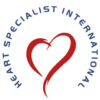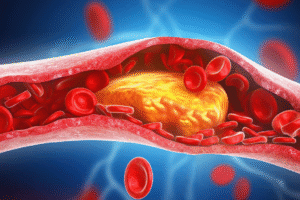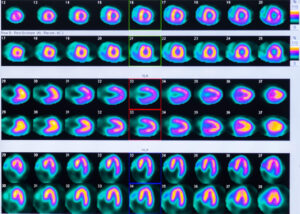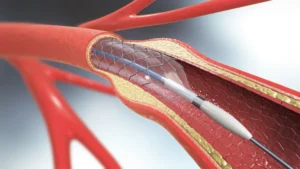When people think of heart failure, they often associate it with older adults. However, heart failure can occur at any age, even in your twenties. It’s essential to dispel the misconception that this is purely an older person’s condition and recognise the early warning signs. Spotting symptoms early can lead to timely intervention and improve overall outcomes.
Misconceptions About Heart Failure
Heart failure is commonly viewed as a condition linked to ageing. While it’s true that age is a risk factor, younger adults are not immune. Heart failure in younger people may result from:
- Congenital Heart Defects – Some people are born with heart abnormalities that can lead to heart failure later in life.
- Cardiomyopathy – Conditions that weaken the heart muscle can occur at any age.
- Infections – Viral infections like myocarditis can damage the heart.
- Lifestyle Factors – Smoking, obesity, and excessive alcohol consumption can increase the risk of heart failure.
- Uncontrolled Chronic Conditions – Diabetes, high blood pressure, or thyroid disorders can contribute to heart problems.
Recognising the Symptoms
It’s crucial to pay attention to your body and be aware of the signs of heart failure. Here are some symptoms to watch for:
- Persistent Fatigue
Feeling tired all the time, even after a full night’s sleep, could signal that your heart isn’t pumping blood effectively. - Shortness of Breath
Experiencing difficulty breathing, especially during exercise or while lying flat, may indicate fluid build-up in your lungs. - Swelling (Oedema)
Swelling in your ankles, feet, legs, or abdomen can occur when blood flow slows, and fluid accumulates in your tissues. - Rapid or Irregular Heartbeat
A fast or fluttering heartbeat could mean your heart is compensating for reduced efficiency. - Chest Pain or Discomfort
While not always present, chest discomfort should never be ignored, especially if it’s persistent. - Reduced Exercise Tolerance
If you suddenly find it difficult to perform physical activities you used to manage easily, it’s worth investigating. - Persistent Cough or Wheezing
A lingering cough or wheezing, especially when lying down, could be due to fluid in the lungs.
Why Early Action Matters
Ignoring these symptoms or attributing them to stress, overwork, or a sedentary lifestyle can delay necessary medical attention. Early diagnosis is crucial for:
- Identifying the underlying cause of heart failure.
- Starting treatments to prevent further heart damage.
- Improving quality of life through symptom management.
Heart failure is a progressive condition, meaning it can worsen over time without proper care. Taking action promptly can make a significant difference.
Seeking Medical Attention
If you’re experiencing any of the symptoms mentioned, don’t hesitate to seek medical advice. Here’s what you can expect:
- A doctor will review your medical history, symptoms, and lifestyle factors.
- Blood tests, imaging scans, and heart function tests may be recommended to confirm a diagnosis.
- Based on the findings, your doctor will create a tailored plan, which may include medications, lifestyle changes, or further interventions.
Preventing Heart Failure in Your Twenties
Even if you’re not currently experiencing symptoms, taking care of your heart is essential. Here’s how you can reduce your risk:
- Maintain a Balanced Diet – Focus on whole grains, lean proteins, fruits, and vegetables while limiting processed foods and salt.
- Exercise Regularly – Aim for at least 150 minutes of moderate physical activity each week.
- Avoid Smoking and Excessive Alcohol – These habits can damage your heart over time.
- Manage Stress – Chronic stress can take a toll on your heart health, so incorporate relaxation techniques like yoga or mindfulness into your routine.
Taking Control of Your Heart Health
Heart failure isn’t just an older adult’s issue—it can happen at any age. Understanding the symptoms and seeking prompt medical care can help you stay on top of your heart health and prevent complications.
If you’re concerned about symptoms or want to discuss your cardiovascular health, consider reaching out to Dr Paul Ong at The Heart Specialist International. Dr Ong and his team provide compassionate care tailored to your needs, helping you take proactive steps to maintain a healthy heart.
Don’t ignore the signs. Contact The Heart Specialist International today to schedule a consultation and take the first step towards safeguarding your heart health.












